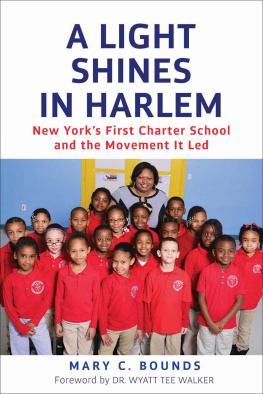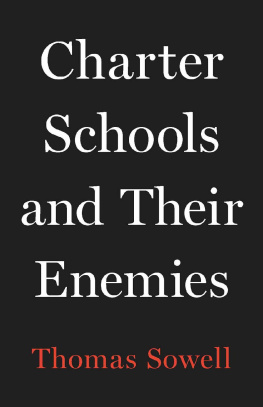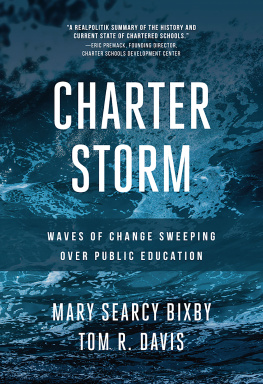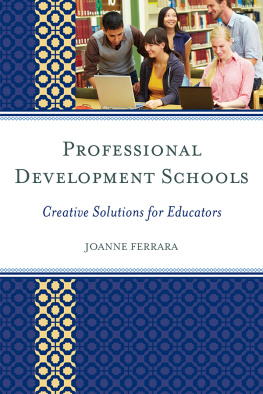Joanne W. Golann - Scripting the Moves: Culture and Control in a No-Excuses Charter School
Here you can read online Joanne W. Golann - Scripting the Moves: Culture and Control in a No-Excuses Charter School full text of the book (entire story) in english for free. Download pdf and epub, get meaning, cover and reviews about this ebook. year: 2021, publisher: Princeton University Press, genre: Politics. Description of the work, (preface) as well as reviews are available. Best literature library LitArk.com created for fans of good reading and offers a wide selection of genres:
Romance novel
Science fiction
Adventure
Detective
Science
History
Home and family
Prose
Art
Politics
Computer
Non-fiction
Religion
Business
Children
Humor
Choose a favorite category and find really read worthwhile books. Enjoy immersion in the world of imagination, feel the emotions of the characters or learn something new for yourself, make an fascinating discovery.

- Book:Scripting the Moves: Culture and Control in a No-Excuses Charter School
- Author:
- Publisher:Princeton University Press
- Genre:
- Year:2021
- Rating:3 / 5
- Favourites:Add to favourites
- Your mark:
Scripting the Moves: Culture and Control in a No-Excuses Charter School: summary, description and annotation
We offer to read an annotation, description, summary or preface (depends on what the author of the book "Scripting the Moves: Culture and Control in a No-Excuses Charter School" wrote himself). If you haven't found the necessary information about the book — write in the comments, we will try to find it.
An inside look at ano-excuses charter school that reveals this educational models strengths and weaknesses, and how its approach shapes students
Silent, single-file lines. Detention for putting a head on a desk. Rules for how to dress, how to applaud, how to complete homework. Walk into some of the most acclaimed urban schools today and you will find similar recipes of behavior, designed to support student achievement. But what do these scripts accomplish? Immersing readers inside a no-excuses charter school, Scripting the Moves offers a telling window into an expanding model of urban education reform. Through interviews with students, teachers, administrators, and parents, and analysis of documents and data, Joanne Golann reveals that such schools actually dictate too rigid a level of social control for both teachers and their predominantly low-income Black and Latino students. Despite good intentions, scripts constrain the development of important interactional skills and reproduce some of the very inequities they mean to disrupt.
Golann presents a fascinating, sometimes painful, account of how no-excuses schools use scripts to regulate students and teachers. She shows why scripts were adopted, what purposes they serve, and where they fall short. What emerges is a complicated story of the benefits of scripts, but also their limitations, in cultivating the tools students need to navigate college and other complex social institutionstools such as flexibility, initiative, and ease with adults. Contrasting scripts with tools, Golann raises essential questions about what constitutes cultural capitaland how this capital might be effectively taught.
Illuminating and accessible, Scripting the Moves delves into the troubling realities behind current education reform and reenvisions what it takes to prepare students for long-term success.
Joanne W. Golann: author's other books
Who wrote Scripting the Moves: Culture and Control in a No-Excuses Charter School? Find out the surname, the name of the author of the book and a list of all author's works by series.









